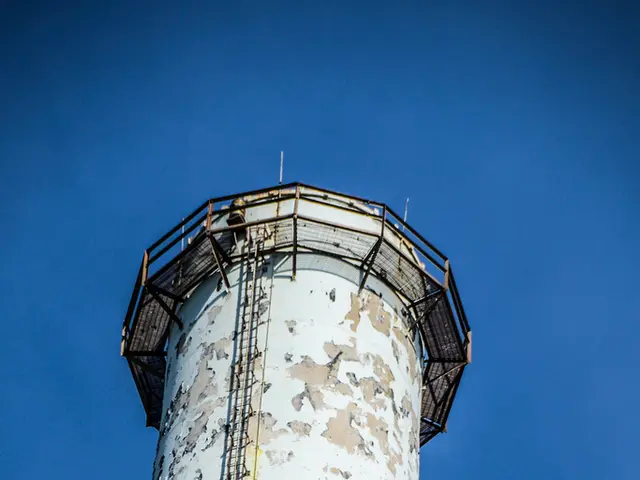Europe to prioritize long-term defence of Ukraine, should the U.S. withdraw under Trump's administration
European officials, primarily from the United Kingdom and France, have been actively discussing plans for a peacekeeping mission in Ukraine in case the U.S. president elects to withhold military support for Kyiv. As reported by The Daily Telegraph, these diplomats are now focusing on long-term strategies to safeguard Ukraine's defense amidst concerns that President Donald Trump may relinquish his role as a mediator in the Russia-Ukraine conflict.
According to the European leaders, their primary emphasis is on establishing measures to maintain adequate support for Ukraine given the possibility of limited resources from the U.S. The discussions also highlighted the necessity of increasing economic sanctions on Russia.
In the event of U.S. disengagement, security advisors from the U.S., France, Germany, and the U.K. are anticipated to participate in the upcoming peace talks between Ukraine and Russia on June 2nd in Istanbul. Ukrainian President Volodymyr Zelenskyy and Turkish President Recep Tayyip Erdoğan recently held a phone conversation regarding these talks.
During their discussions, European leaders agreed to extend an invitation to Zelenskyy for a NATO summit next month in The Hague, originally doubtful due to President Trump's opposition to Ukraine joining NATO.
As the European peacekeeping mission's focus shifts from the deployment of troops to enforcing long-term defense for Ukraine, concerns about the mission's credibility and viability have surfaced due to the lack of robust military and logistical capabilities. The absence of American leadership within NATO complicates these efforts.
In an attempt to demonstrate Europe's commitment to security matters, the proposed peacekeeping force is expected to have a seat at the negotiating table. Regardless of challenges, the European effort remains a significant component in the international response to the conflict in Ukraine.
- The European leaders have agreed to emphasize policy-and-legislation approaches to maintain adequate support for Ukraine, given the possibility of limited resources from the U.S, particularly focusing on increasing economic sanctions on Russia.
- As concerns about the credibility and viability of the European peacekeeping mission surface due to the lack of robust military and logistical capabilities, the mission is expected to use politics with a seat at the negotiating table to demonstrate Europe's commitment to the security matters in Ukraine, remaining a significant component in the international response to the conflict.







